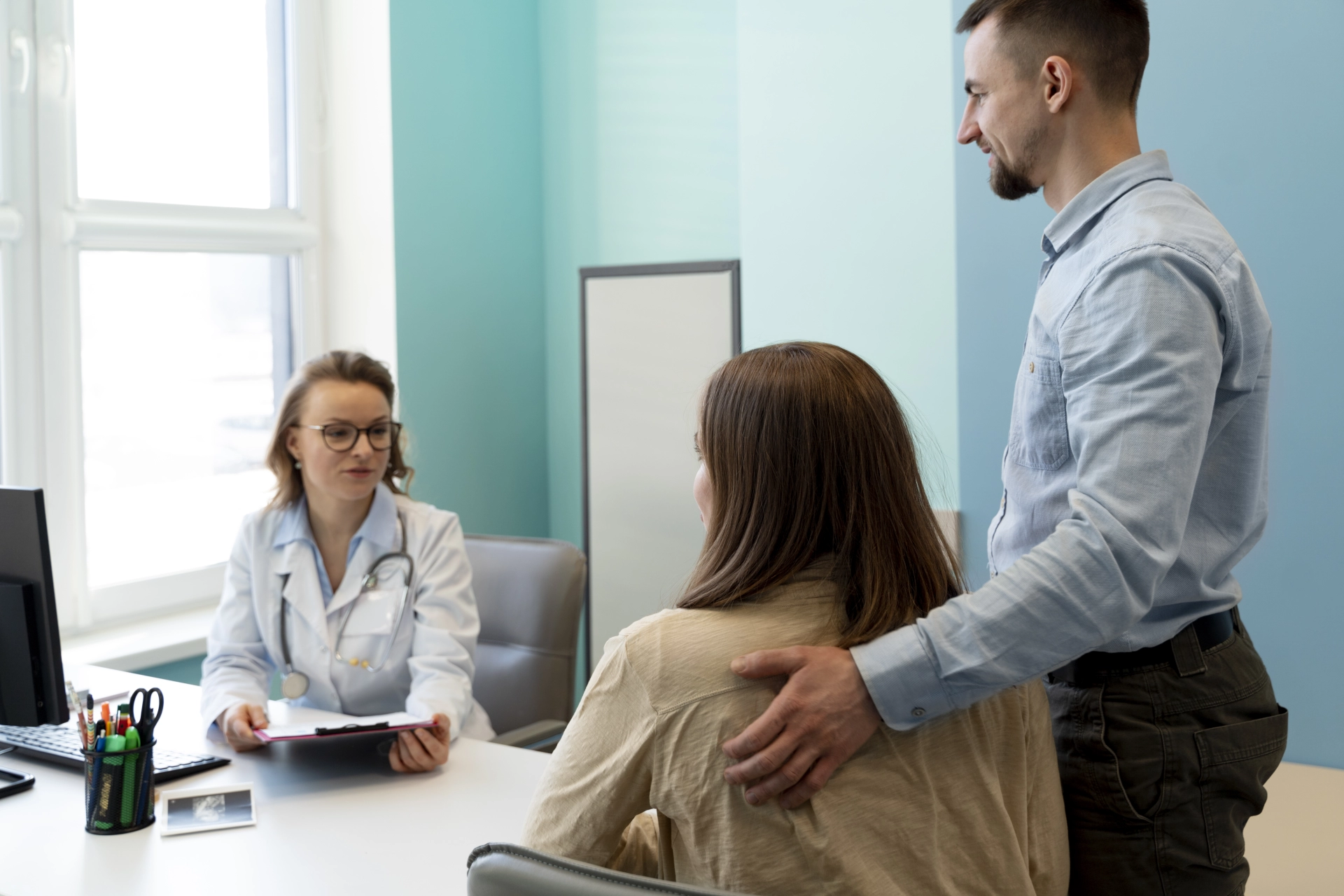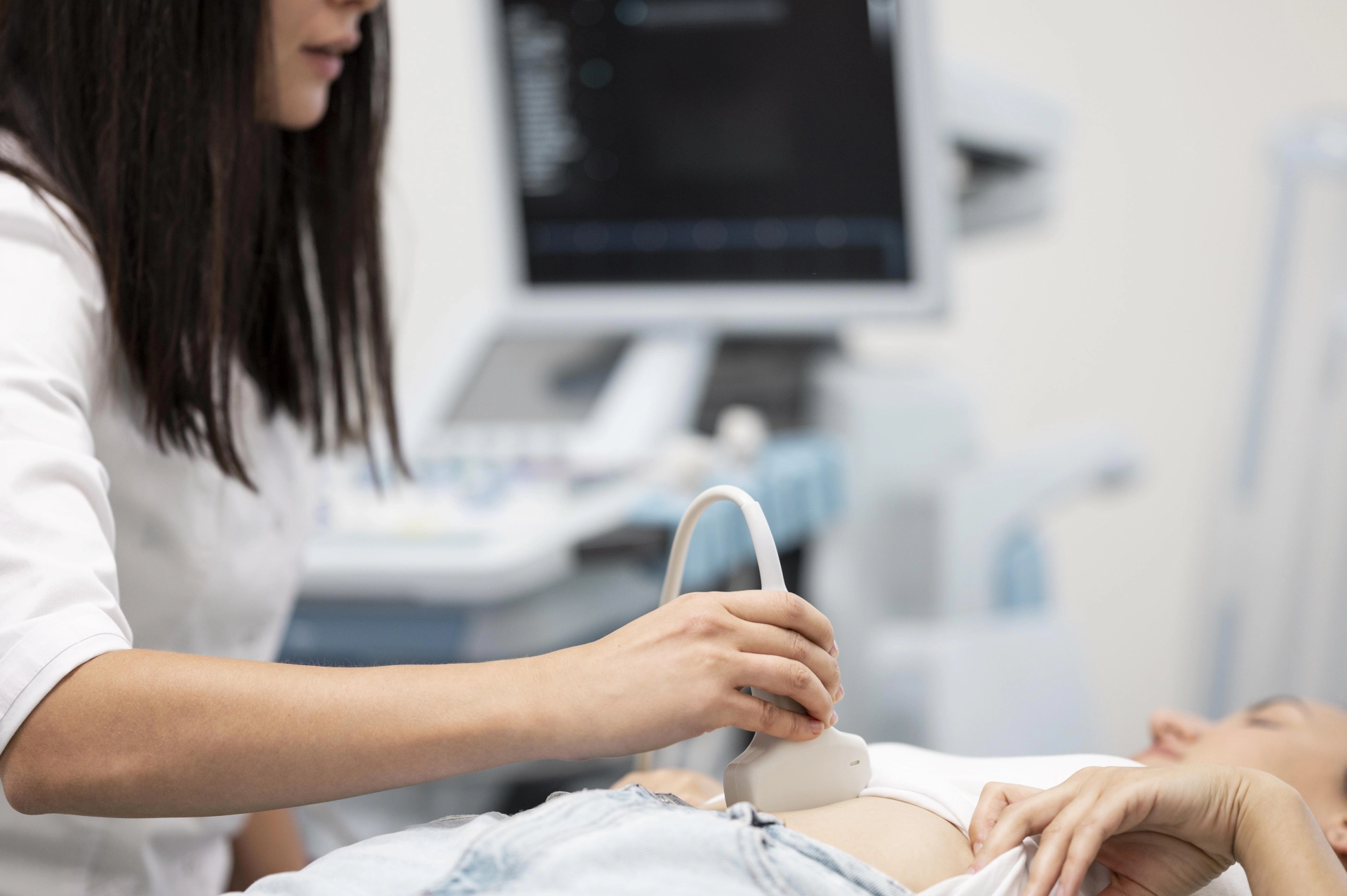Sexually transmitted infections (STIs) are a group of diseases that are primarily spread through sexual contact. They are a significant public health issue because they are widespread and often go unnoticed. In many cases, an infected person may be unaware of their illness for a long time, which can lead to them unknowingly infecting their partner. Most STIs are curable, but if left untreated, they can cause serious complications, including infertility, pregnancy complications, and systemic diseases.
The Most Common STIs
Today, more than 30 bacteria, viruses, and parasites can be transmitted sexually. The most common ones are:
•
Chlamydia
: A common bacterial infection that is often asymptomatic but can cause infertility if untreated.
•
Gonorrhea
: A bacterial infection that affects the genitourinary system and can also damage the joints and eyes.
•
Syphilis
: A chronic infection with several stages that, without treatment, can harm the nervous system, cardiovascular system, and internal organs.
•
Human Papillomavirus (HPV)
: A viral infection that is widespread globally. Some subtypes cause genital warts (papillomas), while others are linked to the development of cancer, especially cervical cancer.
•
HIV/AIDS
: The human immunodeficiency virus damages the immune system. Without treatment, it causes AIDS (Acquired Immunodeficiency Syndrome), which is accompanied by life-threatening infections and tumors.
Possible Symptoms
STIs can have various manifestations, but the most common symptoms include:
• Abnormal discharge from the external genitals.
• Pain or a burning sensation during urination.
• Itching, sores, or blisters on the genitals.
• Lower abdominal pain.
It's important to remember that many infections have no symptoms. This means a person can appear healthy but actually be a carrier and transmit the disease to others.
What Complications Can Occur?
Untreated STIs can lead to serious health problems:
• In women: Infertility, ectopic pregnancy, and cervical cancer.
• In men: Spermatogenesis disorders and infertility.
• In both: Chronic pain, joint inflammation, and nervous system disorders.
An HIV infection is unique because, without treatment, it gradually destroys the immune system, making the body vulnerable to any infections.
How to Protect Yourself
The most effective way to protect yourself from STIs is prevention.
•
Condom use
: Reduces the risk of infection transmission.
•
Having one trusted partner
: Reduces the likelihood of getting infected.
•
Regular medical check-ups
: Especially necessary if you have multiple partners or are starting a new relationship.
•
Vaccinations
: An HPV vaccine is available today that protects against the most dangerous subtypes of the virus and prevents the development of cervical cancer.
Conclusion






